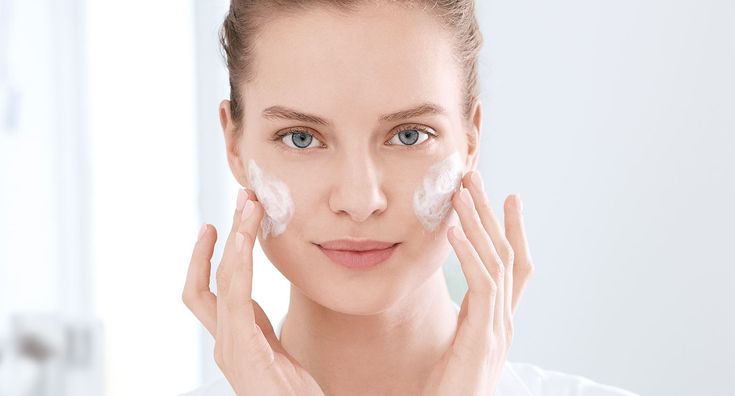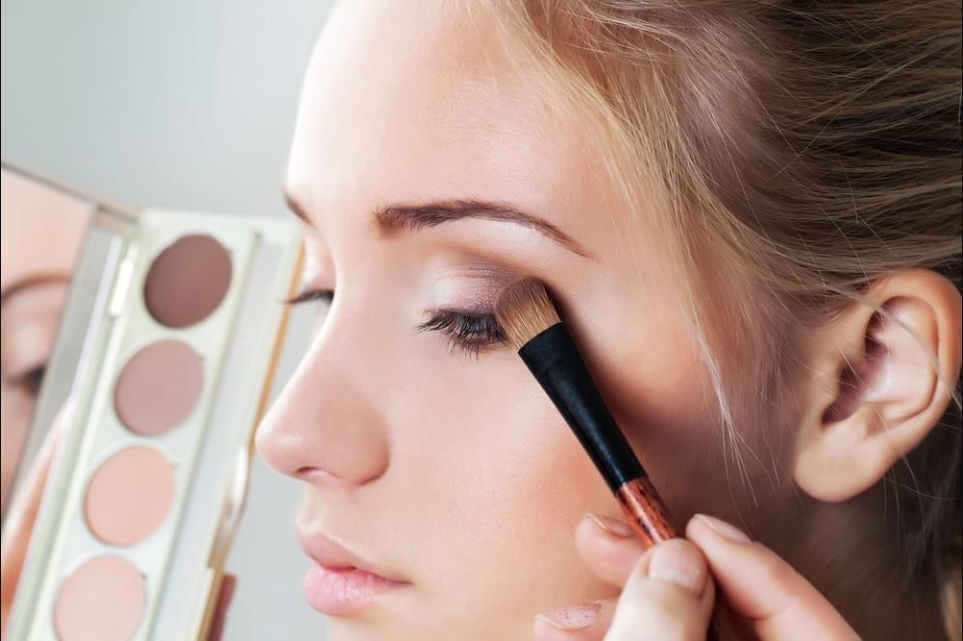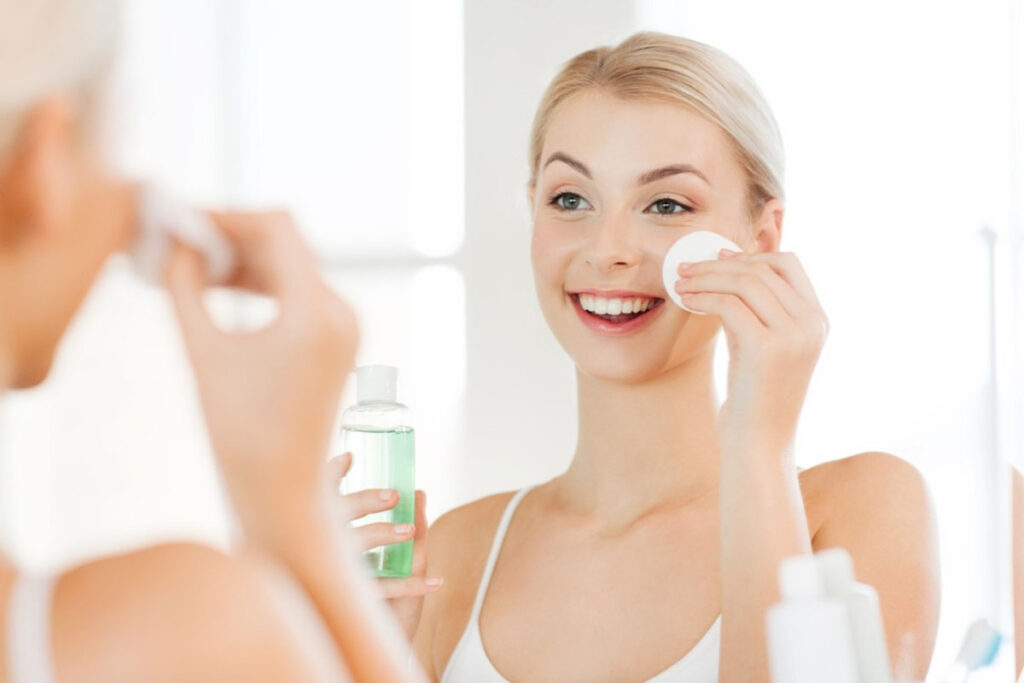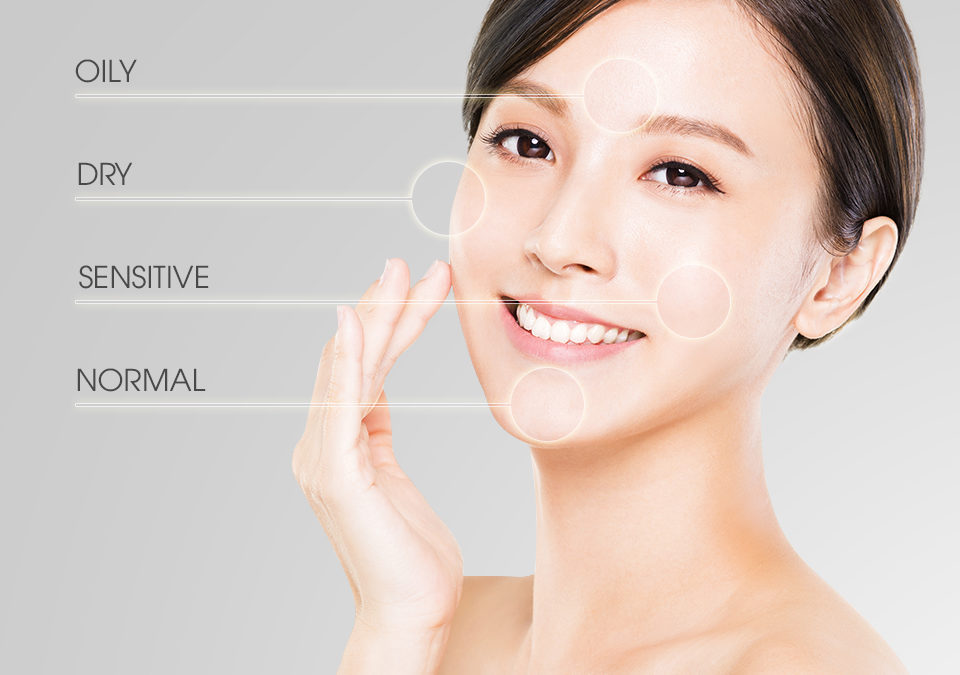Achieving radiant skin is a universal desire, and with the right beauty tips and practices, it’s entirely within your reach. This comprehensive guide will walk you through essential skincare routines, product recommendations, dietary choices, and lifestyle changes that contribute to glowing skin. Whether you’re battling dryness, oiliness, or signs of aging, these expert tips will help you cultivate a healthy, radiant complexion.
1. Understand Your Skin Type
Before embarking on any skincare journey, it’s crucial to know your skin type. This will help you choose the right products and tailor your routine accordingly. The main skin types are:
Normal: Balanced skin with no excessive oiliness or dryness.
Oily: Skin that produces excess sebum, often resulting in shiny skin and enlarged pores.
Dry: Skin that feels tight or flaky, lacking moisture.
Combination: A mix of oily and dry areas, usually with an oily T-zone (forehead, nose, and chin) and dry cheeks.
Sensitive: Skin that reacts easily to products, often resulting in redness, itching, or burning.
Once you identify your skin type, you can select products specifically formulated to address your unique needs.
2. Build a Solid Skincare Routine
A consistent skincare routine is the foundation of radiant skin. Here’s a basic framework to follow:
Morning Routine
Cleanser: Use a gentle, sulfate-free cleanser to remove impurities and excess oil without stripping the skin’s natural moisture.
Toner: Apply a hydrating toner to balance your skin’s pH levels and prepare it for subsequent products.
Serum: Incorporate a vitamin C serum to brighten your complexion and protect against environmental damage.
Moisturizer: Choose a lightweight, non-comedogenic moisturizer to keep your skin hydrated throughout the day.
Sunscreen: Never skip sunscreen, even on cloudy days. Use a broad-spectrum SPF 30 or higher to protect against UV damage.
Evening Routine
Cleanser: Use an oil-based cleanser to remove makeup and sunscreen, followed by your regular cleanser.
Toner: Apply your toner to prepare your skin for treatment.
Treatment: If you have specific skin concerns (e.g., acne, hyperpigmentation), this is the time to apply targeted treatments.
Moisturizer: Use a thicker moisturizer or night cream to lock in moisture while you sleep.
3. Stay Hydrated
Drinking enough water is essential for maintaining skin hydration and elasticity. Aim for at least eight glasses of water a day, and consider increasing your intake if you’re active or live in a dry climate. You can also consume water-rich foods like cucumbers, oranges, and watermelon to boost hydration levels.
4. Incorporate Antioxidants

Antioxidants play a crucial role in protecting your skin from oxidative stress caused by free radicals. These compounds can help reduce signs of aging, inflammation, and skin damage. Look for products that contain:
Vitamin C: Brightens skin and evens out skin tone.
Vitamin E: Hydrates and protects skin from UV damage.
Green Tea Extract: Soothes the skin and provides anti-inflammatory benefits.
5. Exfoliate Regularly

Exfoliation helps remove dead skin cells, promoting cell turnover and revealing brighter, smoother skin. There are two main types of exfoliants:
Physical Exfoliants: Scrubs that use granules to physically slough off dead skin.
Chemical Exfoliants: Products containing alpha hydroxy acids (AHAs) or beta hydroxy acids (BHAs) that dissolve dead skin cells.
Aim to exfoliate 1-2 times a week, depending on your skin type. Be gentle, and avoid over-exfoliating, which can lead to irritation.
6. Nourish Your Skin from Within

Your diet significantly impacts your skin’s appearance. Incorporate the following nutrients for a glowing complexion:
Healthy Fats: Omega-3 and omega-6 fatty acids found in fish, nuts, and seeds can help maintain skin hydration.
Antioxidants: Fruits and vegetables rich in vitamins A, C, and E can protect your skin from damage and promote healing.
Zinc: Essential for skin repair and inflammation control, zinc can be found in foods like nuts, seeds, and whole grains.
Sample Foods for Radiant Skin
Berries: Rich in antioxidants and vitamins.
Leafy Greens: Packed with vitamins A, C, and K.
Avocado: High in healthy fats and vitamins.
Fatty Fish: Like salmon, for omega-3 fatty acids.
7. Get Enough Sleep

Quality sleep is vital for skin health. During sleep, your body repairs itself, including the skin. Aim for 7-9 hours of restful sleep each night. To improve your sleep quality:
Establish a Sleep Routine: Go to bed and wake up at the same time every day.
Create a Relaxing Environment: Keep your bedroom dark, cool, and quiet.
Limit Screen Time: Reduce blue light exposure at least an hour before bedtime.
8. Manage Stress

Stress can wreak havoc on your skin, leading to breakouts and dullness. Incorporate stress-reducing practices into your daily routine, such as:
Meditation or Yoga: Helps to calm the mind and reduce anxiety.
Physical Activity: Exercise boosts circulation and promotes the release of endorphins, improving your mood.
Journaling: Writing down your thoughts can help process emotions and reduce stress levels.
9. Protect Your Skin

Environmental factors can damage your skin, so take protective measures:
Sunscreen: Apply broad-spectrum sunscreen daily.
Antioxidant Serums: Protect against free radicals.
Avoid Smoking: Smoking accelerates skin aging and reduces blood flow.
10. Be Mindful of Makeup

If you wear makeup, choose products that are non-comedogenic and suitable for your skin type. Here are some tips:
Remove Makeup Thoroughly: Always remove makeup before bed to prevent clogged pores.
Limit Heavy Foundations: Opt for lightweight, breathable formulas that allow your skin to breathe.
Choose Quality Brushes and Sponges: Keep your makeup tools clean to prevent bacteria buildup.
11. Try DIY Masks and Treatments

Homemade masks can provide a boost to your skincare routine. Here are a couple of easy recipes:
Honey and Yogurt Mask
Ingredients:
1 tablespoon honey
1 tablespoon plain yogurt
Instructions: Mix the ingredients and apply to clean skin. Leave for 15-20 minutes, then rinse with warm water. This mask hydrates and brightens the skin.
Avocado and Olive Oil Mask
Ingredients:
½ ripe avocado
1 teaspoon olive oil
Instructions: Mash the avocado and mix with olive oil. Apply to the face for 20 minutes and rinse off. This mask nourishes and moisturizes dry skin.
12. Regularly Visit a Dermatologist
For personalized advice and treatments, consider regular visits to a dermatologist. They can help address specific skin concerns and recommend professional treatments like chemical peels, microdermabrasion, or laser therapy.
Conclusion
Achieving radiant skin is a combination of understanding your skin type, establishing a solid skincare routine, nourishing your body, and making mindful lifestyle choices. By incorporating these tips into your daily life, you can enhance your skin’s natural glow and enjoy a healthy, vibrant complexion. Remember, consistency is key, and the results will be worth the effort. Start your journey today and embrace the beauty of radiant skin!
FAQs
What is the best skincare routine for radiant skin?
A typical skincare routine for radiant skin includes:
Morning: Gentle cleanser, hydrating toner, vitamin C serum, lightweight moisturizer, and broad-spectrum sunscreen.
Evening: Oil-based cleanser (for makeup removal), regular cleanser, toner, targeted treatments (like retinol or acne treatment), and a nourishing moisturizer. Consistency and using products suited to your skin type are crucial for the best results.
How often should I exfoliate?
It’s generally recommended to exfoliate 1-2 times a week, depending on your skin type. Those with oily or thicker skin might benefit from more frequent exfoliation, while sensitive skin types should stick to once a week or less. Always listen to your skin and adjust based on how it responds.
What should I eat for healthy skin?
A balanced diet rich in fruits, vegetables, healthy fats, and lean proteins can improve your skin’s appearance. Focus on foods high in antioxidants (like berries, leafy greens, and nuts), omega-3 fatty acids (found in fatty fish, walnuts, and flaxseeds), and hydration (water-rich fruits and vegetables).
Does stress affect my skin?
Yes, stress can lead to skin issues such as acne, eczema, and psoriasis. High stress levels can trigger hormonal changes that increase oil production, leading to breakouts. Managing stress through mindfulness practices, exercise, and adequate sleep can help maintain healthy skin.
What ingredients should I look for in skincare products?
Look for products that contain:
Antioxidants (like vitamin C, vitamin E, and green tea extract) to protect against environmental damage.
Hyaluronic acid for hydration.
Niacinamide to improve skin texture and tone.
Retinoids for anti-aging benefits.
Natural oils (like jojoba, argan, and rosehip) for nourishment and moisture.
How can I protect my skin from sun damage?
To protect your skin from sun damage:
Use a broad-spectrum sunscreen with SPF 30 or higher every day, even on cloudy days.
Reapply sunscreen every two hours when outdoors and after swimming or sweating.
Wear protective clothing, a wide-brimmed hat, and sunglasses when exposed to the sun for extended periods.
Is it necessary to use a toner?
While toners are not essential for everyone, they can benefit certain skin types by helping to balance pH levels, removing residual impurities, and providing an extra layer of hydration. Choose a toner that suits your skin type (hydrating for dry skin, exfoliating for oily skin) for the best results.
What are the signs of dehydrated skin?
Signs of dehydrated skin include:
Tightness or discomfort
Flakiness or rough texture
Dull complexion
Increased sensitivity or irritation If you notice these signs, consider adjusting your skincare routine to include more hydrating products.
Can I achieve radiant skin without using makeup?
Absolutely! Radiant skin comes from a healthy skincare routine and lifestyle. Focus on proper cleansing, exfoliation, hydration, and nutrition to enhance your natural beauty. If desired, you can use makeup to complement your skin rather than cover it up.
When should I consult a dermatologist?
Consult a dermatologist if you experience persistent skin issues, such as severe acne, unusual rashes, signs of infection, or if you’re unsure about which products are right for you. They can provide personalized advice, diagnose skin conditions, and recommend treatments.
By following these FAQs, you can deepen your understanding of skincare and make informed decisions to achieve and maintain radiant skin.





